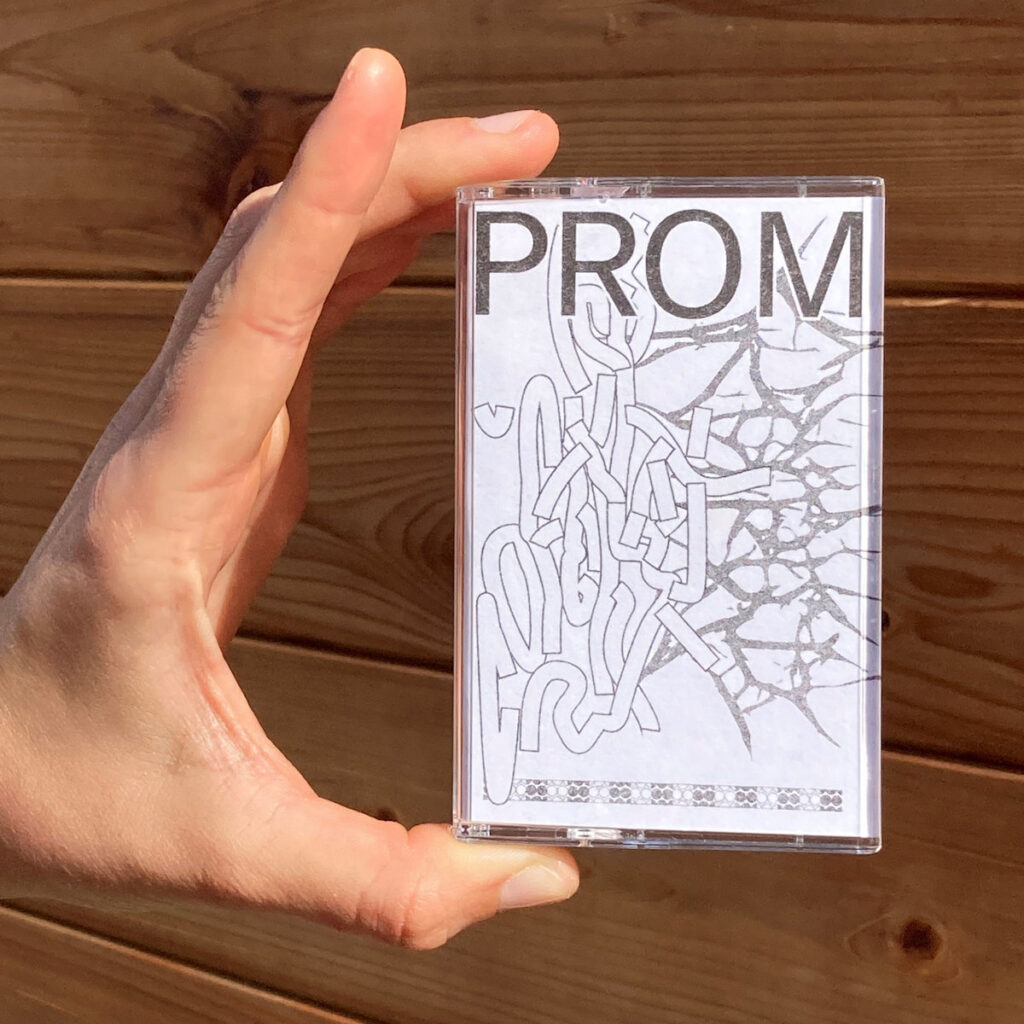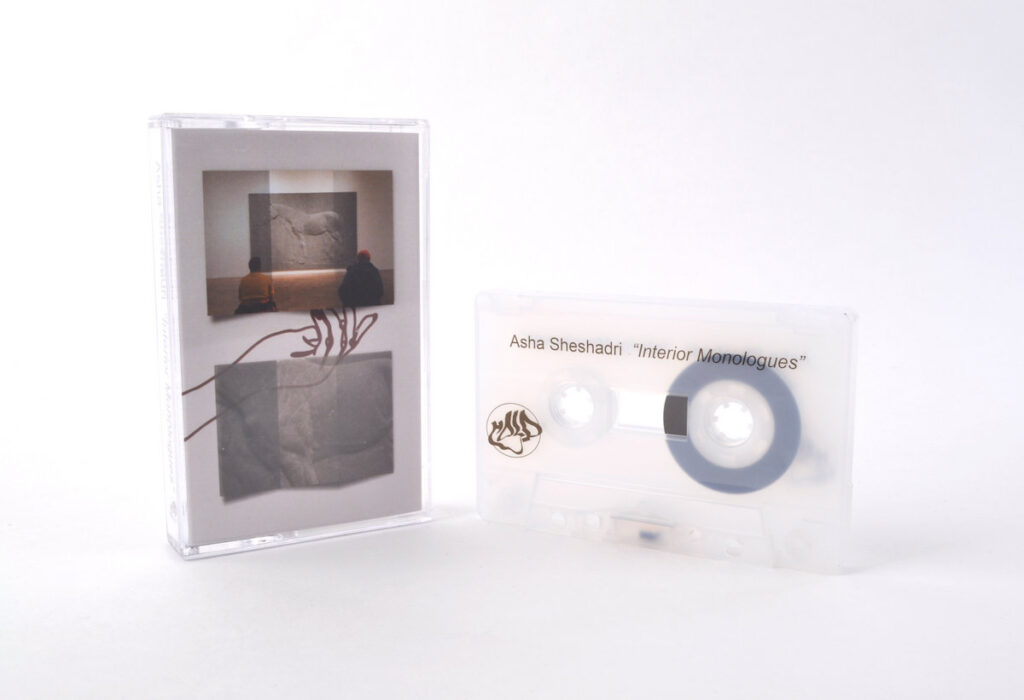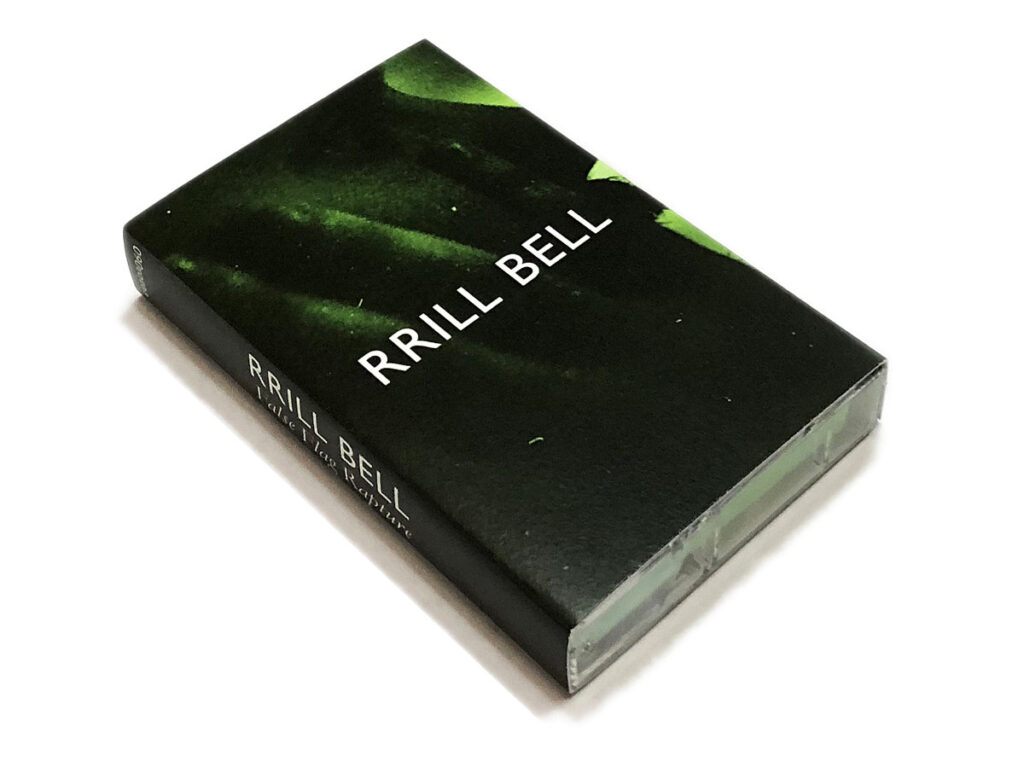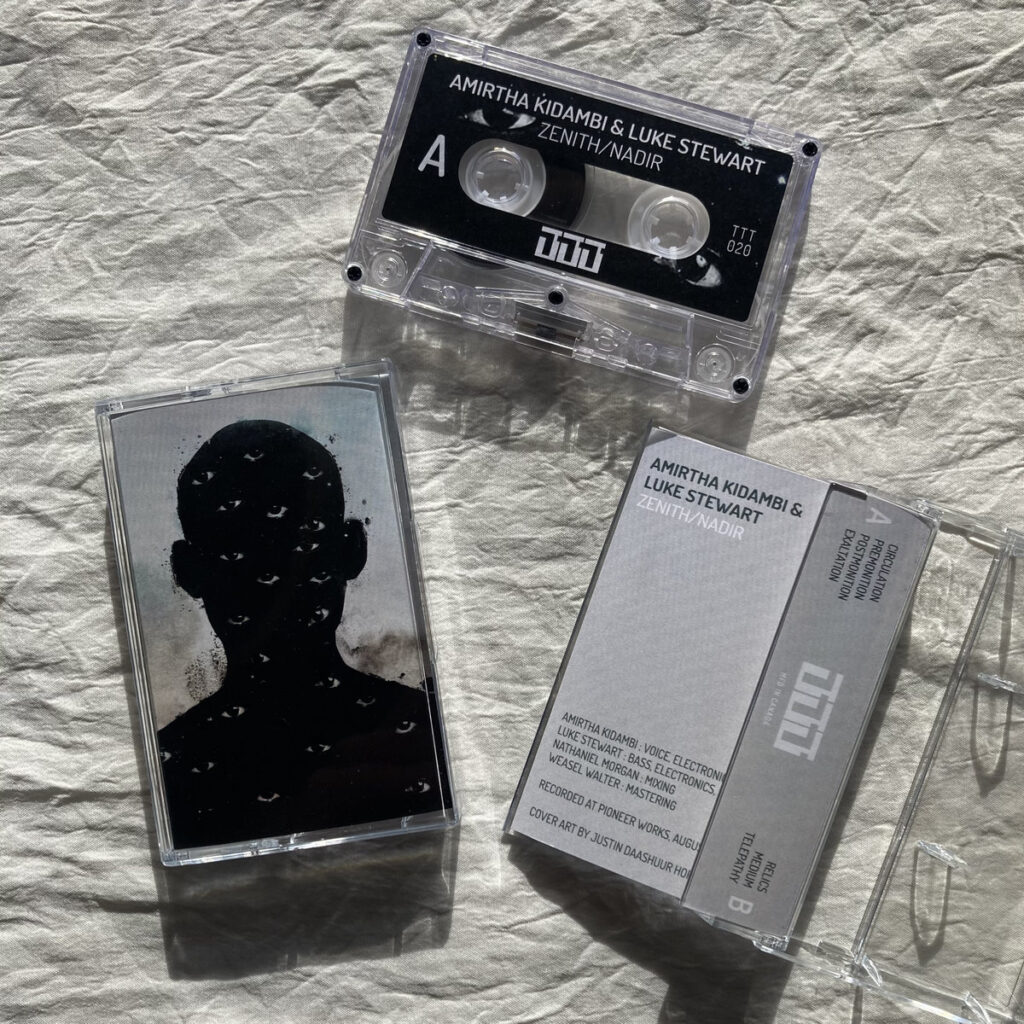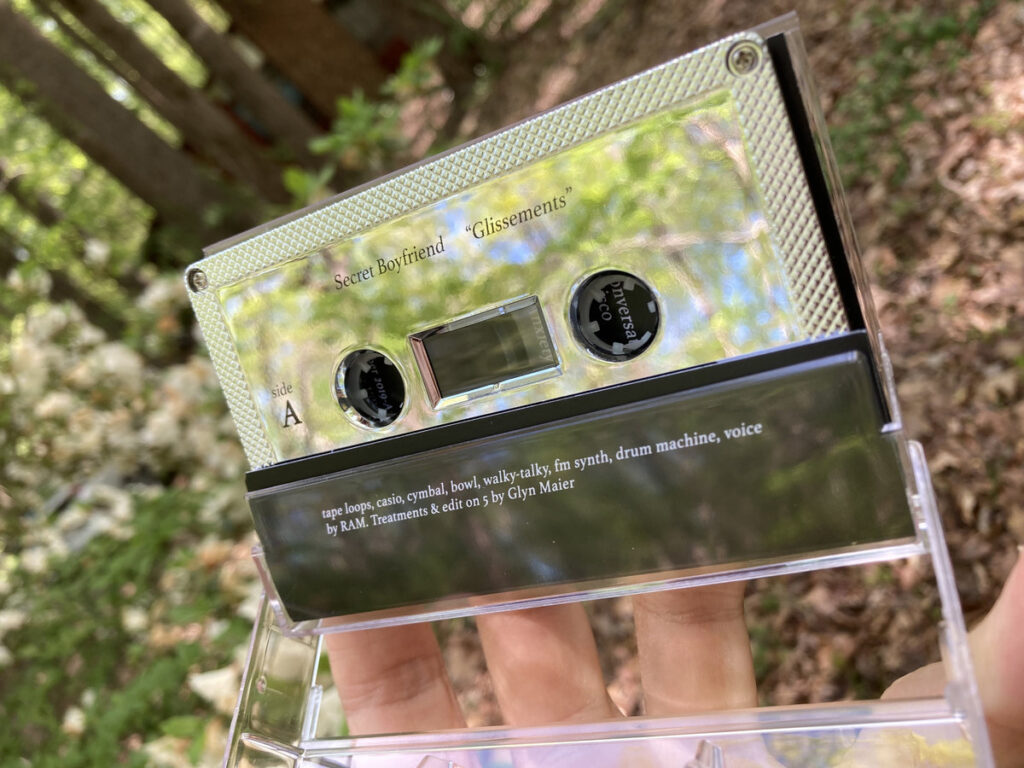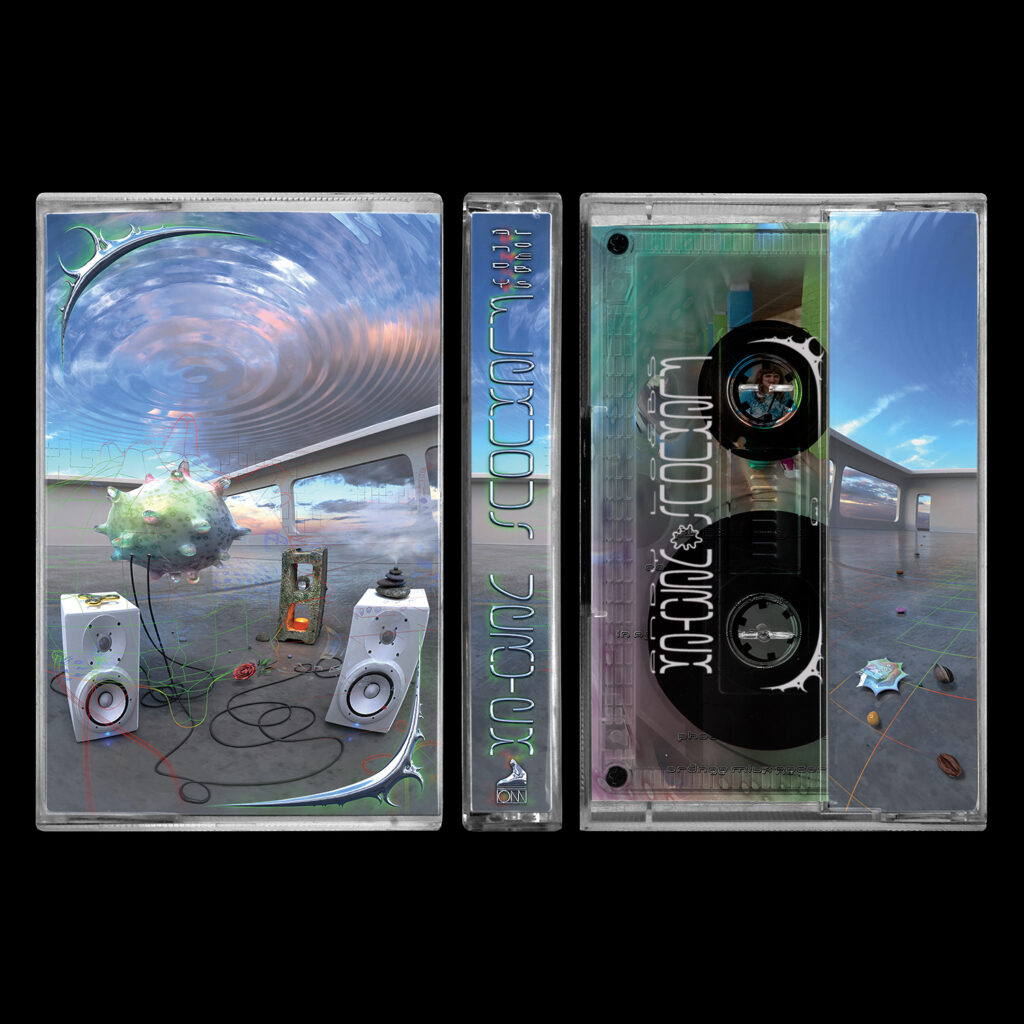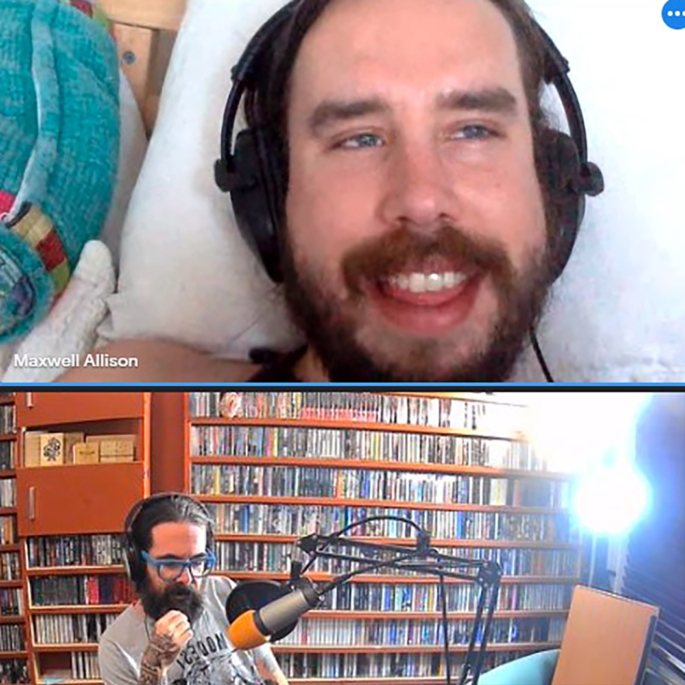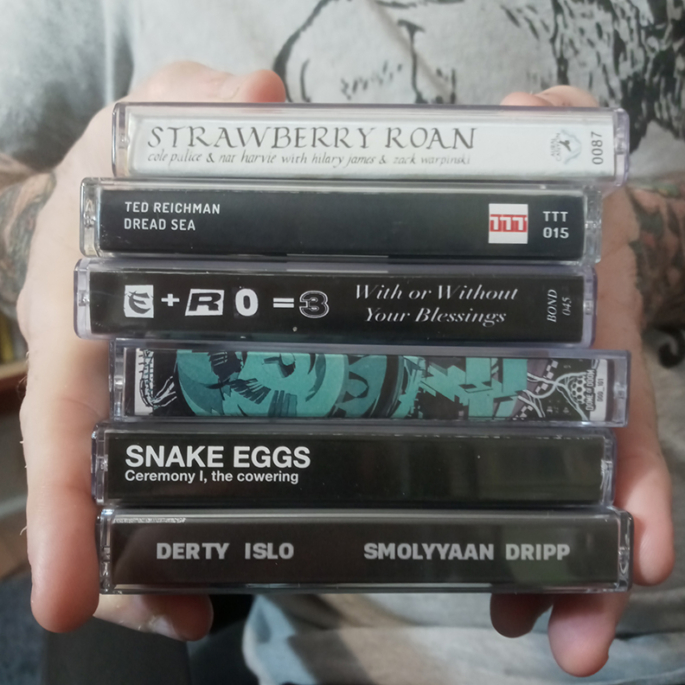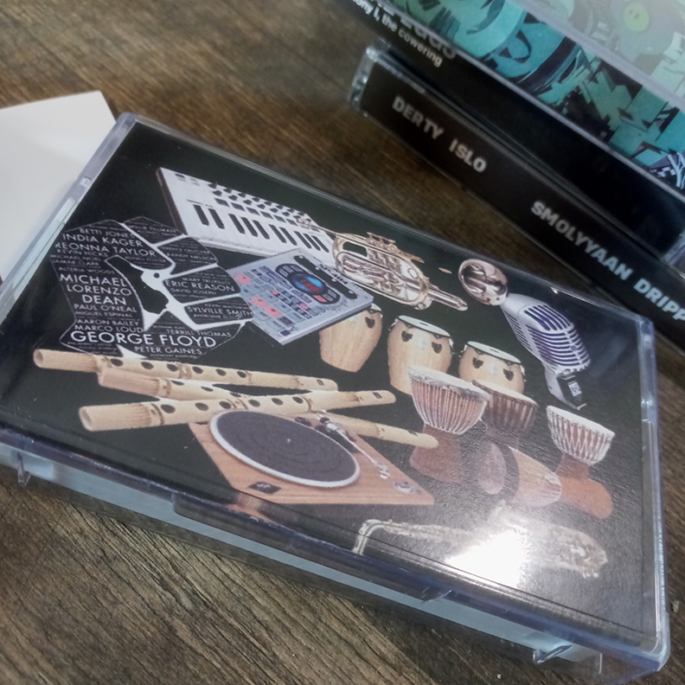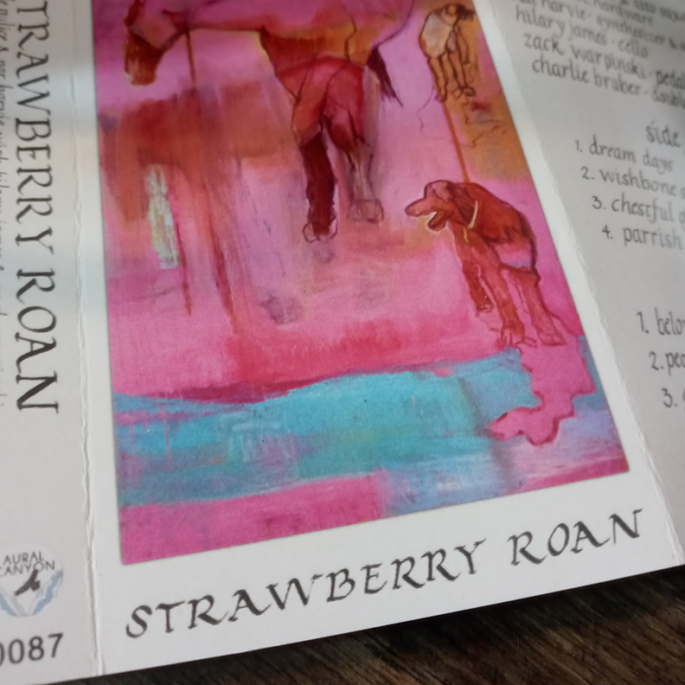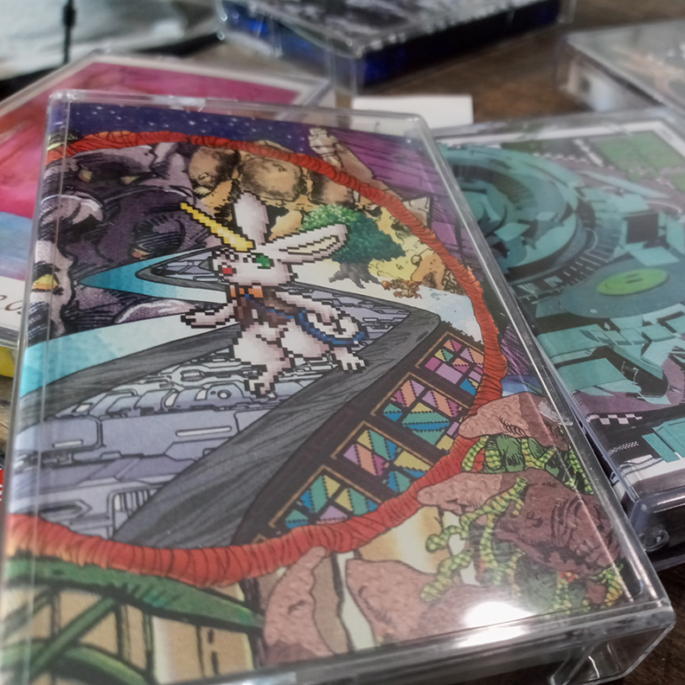Dania – Voz
8.19.22 by Matty McPherson
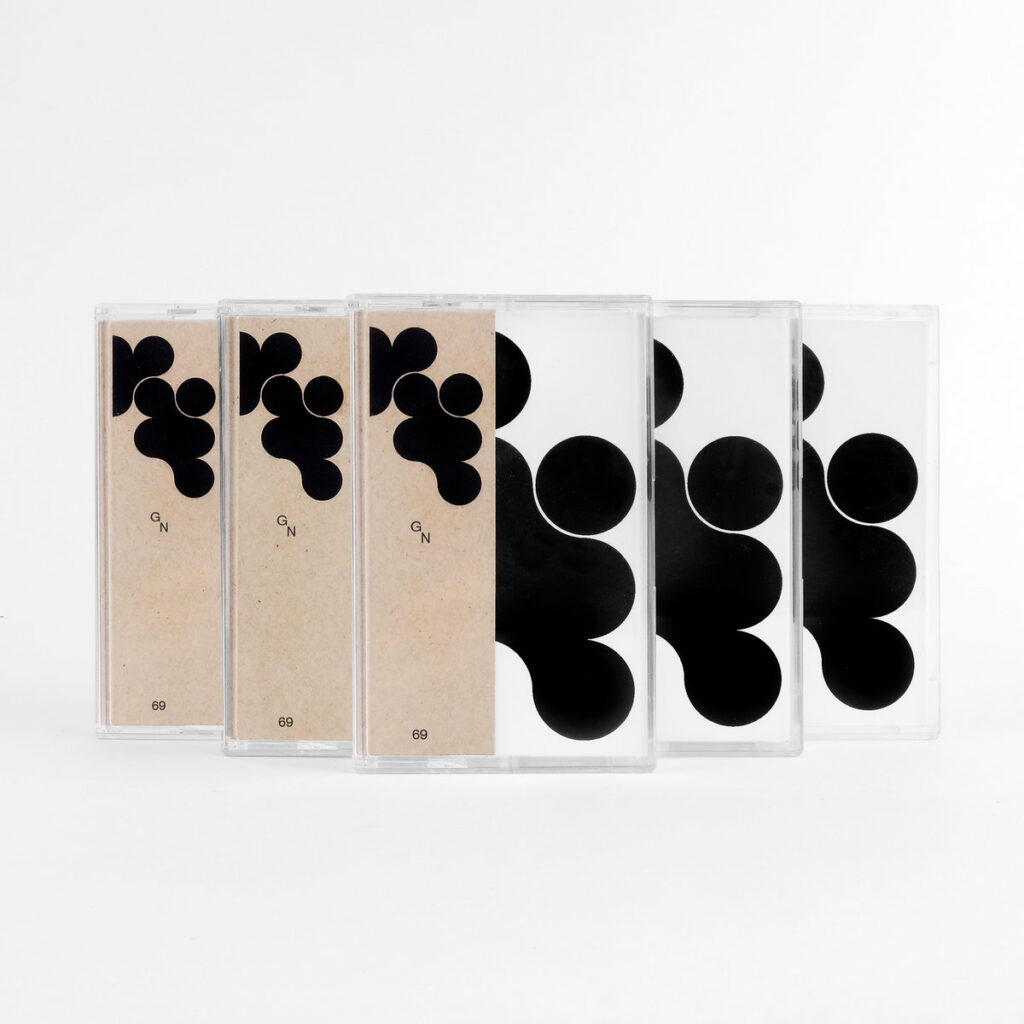
Today, Geographic North is celebrating an important catalog number milestone by welcoming Dania Shihab into the exclusive club of discrete zone weavers. Yes, the masses will proclaim that GN is being “pro-mogul” with yet another label runner (M. Sage, Brian Foote, Felicia Atkinson, even Jefre-Cantu Ledesma) joining for an esteemed cut. Rather though, I implore that we should cherish each release and newcomer as another crevice into their evolving tapestry; the sense of place and memory in GN releases has become a recurring label focus. Their latest, Dania’s Voz is an ode to that spirit. Over its 23 minutes Shihab unspools a nimble execution of ambient loops, vocal exploration, and “process trusting” modular synthesis, whose brevity marks inspired moments of radiance and hermitage.
Dania, aka the titular wife of Shawn Reynaldo’s superb MY WIFE HAS BETTER TASTE THAN I DO sub-section of the essential First Floor newsletter, has been a Dublab DJ, COVID frontline doctor, and also a label mogul. Her work in Barcelona with Paralaxe Editions could be described as minimalist, unhurried, and homespun. The choice to work with Geographic North is a moment of “game recognizing game” considering how Paralaxe Editions employs their own high-end aesthetic design and analog machine imprinting into their tapes. The label’s own releases though only offer a partial framework into Dania’s own interests in environmental music. Previous editions of her Dublab program had further honed in on these realms, while her (tumultuous) work perhaps envisioned such tones as treatments for various ailments.
Last year’s tapes in GN’s Sketches for Winter series had their own aquatic-tinged auras, while Dania’s Voz often tiptoes the “quite ancient but also rather futuristic” dichotomy with finesse. Its 23 minutes have the world building of a humongous RPG, as winged instrumentals convey snowpack melting in forests, desert sunrises on sand dunes, and incandescent realms of worship. Yes, there’s a dream pop tag in the bandcamp descriptor, although “ambient music but for gamers who do this shit alone” is more apt. It is a tape that presents Dania’s measured talent as a solo sound architect; these are personal spaces that reveal their own personal solitudes. These are lonely or pained kinds mind you. Just solaces encountered in one’s travels.
I Lied’s introduction to the tape is basal; an affair centered around misted vocal loops that harmonize and further each other as the piece swells to a plateau. The echoes all serving as a reminder that this is of her own accord. When Alpeh picks up though, there are now drones taking a key focus in the palette, beginning a steady stretch to reverent lengths. Dania’s sound palette brings in flutes and keys as her vaporous vocal mantras flow, itself creating a piece of music falling between post-Windham Hill and Elder Scrolls IV: Oblivion. Fire Dash’s hypnotic deep breathing loops invoked Cemetery of Splendor’s otherworldly, eerie colored circulatory systems. As a trio of tracks stand, it actively is pushing one of our their own assumptions of general time, even as they only barely crack 10 minutes and all differ in the approach taken.
At the center of the tape stands Whale Song, a close ancillary to an ambient pop epic. Dania hums small harmonic whirlwinds, her synths percolate between tones, and inklings of field recording ambience procure a grandiose scale, even within its own isolation. The swirls of An Individual stand as just that, one individual modulating their voice into the symphony that plays within a forerunner elevator, eliciting a sublime reaction. The Other Thing Is offers the greatest, if not still a subtle, shift in Dania’s sound world. Piano keys are emphasized as life recordings of plaza life strut around the edges; a relaxed, if not dissociated moment amongst a crowd that suddenly–well it just suddenly dissipates as these moment are known to. Finally, that leaves us at our denouement, Anomaly. It’s a considerate bookend to I Lied, doubling down on the same voice looping and ambient synth textures. Although, its noticeable springier and less misty; not as lonesome as it stood twenty minutes prior.
Within Voz‘s 23 minutes, there’s a genuine sense that Dania could have tinkered with the length of any of these pieces however she sought to. Still, by preserving a brevity within these recordings, the whole affect over 23 minutes is spellbinding; you could have told me it was double and I’d have believed you. It’s a testament to the simplicity of this guarded sonic approach, that these 7 tracks all fit like perfect puzzle pieces, imparting uncanny affects of emotional resonance.
Edition of 200 Tapes available at the Geographic North Bandcamp Page

